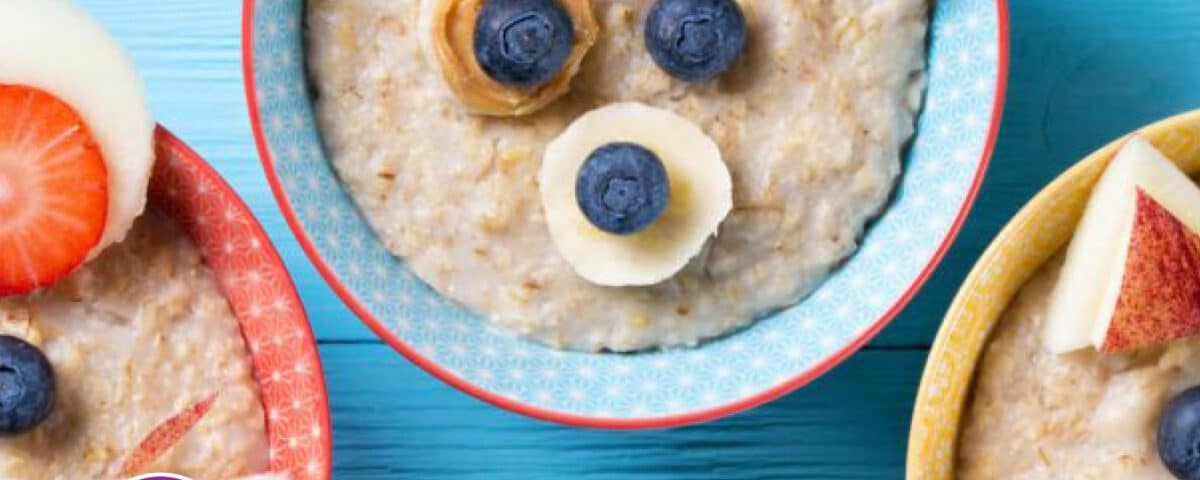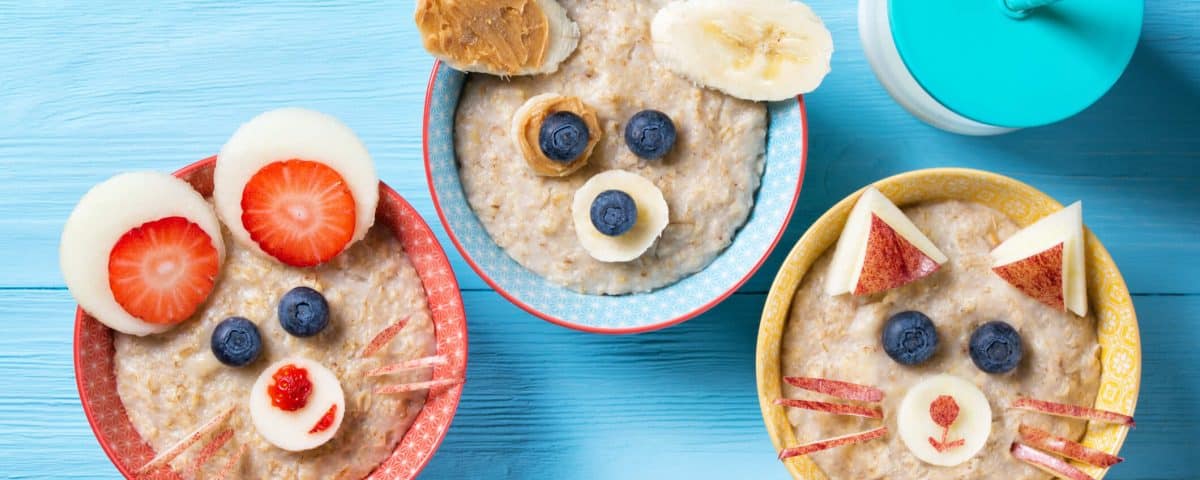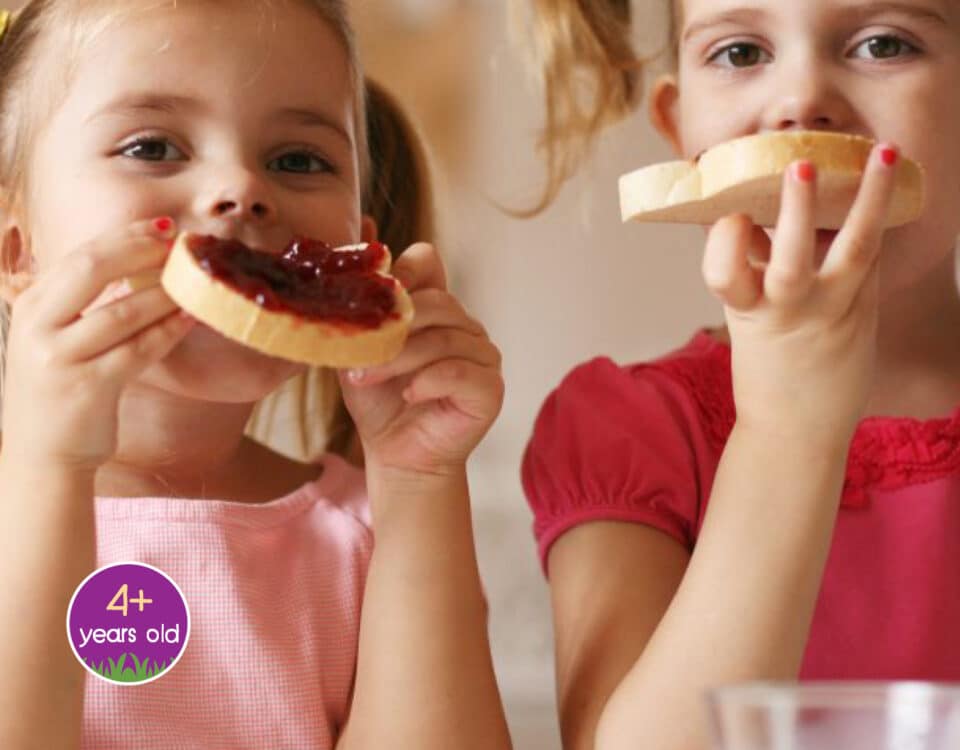
When your child is a picky eater
September 30, 2020
My child is very energetic. Does it really cover its dietary needs?
September 30, 2020Kids breakfast: make it delicious but nutritious too!


We have all heard of the popular saying “eat breakfast like a king”. But this doesn’t necessarily mean large quantities of food as many might think, but instead a full and well-balanced breakfast in terms of meal nutrients at the start of the day, especially for young children!
The main characteristic of a child’s breakfast meal is that it should offer energy, first because their body hasn’t been fed for long hours and second because there are mental and physical activities waiting ahead and requiring energy. A full and well-balanced breakfast should contain foods from the three basic groups of foods:
- The starchy foods group:This group is rich in carbohydrates which are the main source of energy for the whole body and the only source for the brain, namely the mental activities of a child. Bread, cereals, crispbreads and koulouri are characteristic examples. To ensure slow and steady release of energy to the body, make sure you choose whole-grain products.
- The proteins group: Protein, besides its basic structural role in the development of a child, is important for breakfast meals since it contributes by delaying digestion and the absorption of food by the digestive system. This results in extending the process of energy supply to the body but also in enhancing the feeling of satiety by reducing the feeling of hunger for longer periods of time. Milk, yogurt, cheese or even eggs, are characteristic examples of this group.
- The fruit and vegetables group:The main purpose of this group is providing vitamins and minerals that the body needs in order to be functional and be able to develop. The most common examples in this case is a small piece of fruit such as an apple or its juice (orange). If you cannot include vegetables in breakfast meals, try adding 1-2 slices of tomato or a lettuce leaf inside a grilled sandwich.
Don’t forget to make the consumption of water part of your child’s daily, even breakfast routine, for sufficient hydration. Similarly, avoid foods that are rich in sugar and salt since it seems that they are harmful for your child’s health both in the short term and in the long term.
A nutritious breakfast based on these specifications will be increasing your child’s potential to adopt healthy dietary habits throughout the day. Off the to best start then!
Indicative bibliography
- Charles Spence, Breakfast: The most important meal of the day?, International Journal of Gastronomy and Food Science, Volume 8, 2017, Pages 1-6
- Egner R, Oza-Frank R, Cunningham SA. The school breakfast program: a view of the present and preparing for the future-a commentary. J Sch Health. 2014;84(7):417-20.
- Gibney MJ, Barr SI, Bellisle F, et al. Breakfast in Human Nutrition: The International Breakfast Research Initiative. Nutrients. 2018;10(5):559. Published 2018 May 1.

|
Siatitsa Evita MSc, Clinical Dietitian Nutritionist Scientific Associate at Horokopio University |
[/su_table]






